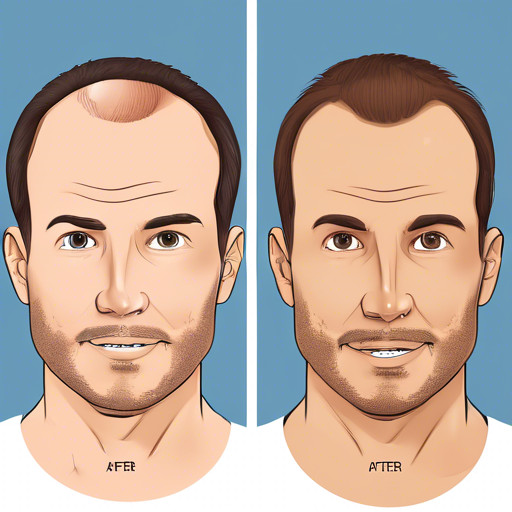Introduction to Hair Transplant
Hair transplant is a surgical procedure aimed at restoring hair growth in areas of the scalp that are bald or have thinning hair. It is a popular solution for hair loss, offering long-term results for people suffering from various forms of baldness. This guide provides a detailed overview of hair transplant, covering its techniques, benefits, and what to expect during and after the procedure.
Techniques of Hair Transplant
Two primary techniques are widely used in hair transplantation: Follicular Unit Transplantation (FUT) and Follicular Unit Extraction (FUE). FUT involves removing a strip of scalp from the donor area and extracting individual follicles to be transplanted. On the other hand, FUE entails the extraction of individual hair follicles directly from the scalp without removing a strip of skin, resulting in less visible scarring.
Benefits of Hair Transplant
One of the major benefits of hair transplant is the ability to achieve a more natural-looking hairline. The procedure can also significantly boost an individual’s confidence and self-esteem, which may have been affected by hair loss. Additionally, hair transplants are known for their durability, often providing permanent solutions to hair loss.
What to Expect During and After the Procedure
The hair transplant procedure typically requires several hours to complete, depending on the extent of hair loss and the technique used. Local anesthesia is used during the surgery to minimize discomfort. Post-surgery, it is normal to experience some swelling and discomfort, which can be managed with prescribed medication. Full results of the hair transplant can take up to a year to be visible, as the transplanted hair needs time to grow and blend with the existing hair.
Conclusion
Choosing a hair transplant can be a life-changing decision for individuals experiencing hair loss. With advancements in technology and techniques, it is now possible to achieve natural-looking results that last a lifetime. However, it is essential to consult with a qualified hair transplant surgeon to discuss your expectations and ensure the best outcomes.

